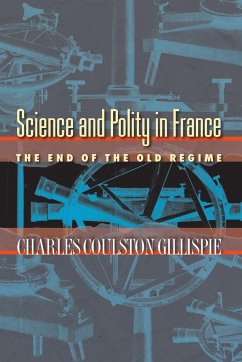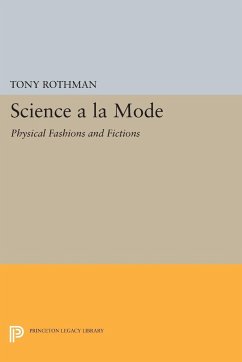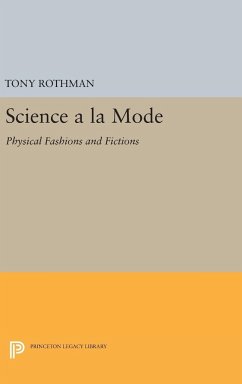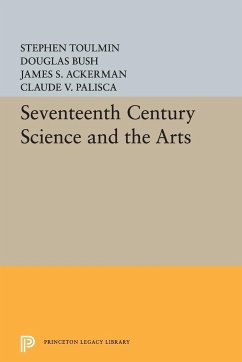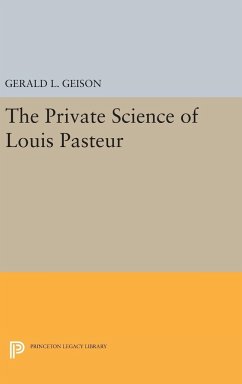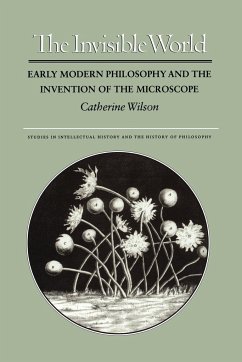
Reenchanted Science
Holism in German Culture from Wilhelm II to Hitler

PAYBACK Punkte
22 °P sammeln!
"(Harrington's) book will serve as a model to an entire generation of historians of science attempting to understand the cultural meaning of science in a far deeper way than their precursors."--Evelyn Fox Keller, Massachusetts Institute of Technology
By the 1920s in Central Europe, it had become a truism among intellectuals that natural science had "disenchanted" the world, and in particular had reduced humans to mere mechanisms, devoid of higher purpose. But could a new science of "wholeness" heal what the old science of the "machine" had wrought? Some contemporary scientists thought it could. These years saw the spread of a new, "holistic" science designed to nourish the heart as well as the head, to "reenchant" even as it explained. Critics since have linked this holism to a German irrationalism that is supposed to have paved the way to Nazism. In a penetrating analysis of this science, Anne Harrington shows that in fact the story of holism in Germany is a politically heterogeneous story with multiple endings. Its alliances with Nazism were not inevitable, but resulted from reorganizational processes that ultimately brought commitments to wholeness and race, healing and death into a common framework. Before 1933, holistic science was a uniquely authoritative voice in cultural debates on the costs of modernization. It attracted not only scientists with Nazi sympathies but also moderates and leftists, some of whom left enduring humanistic legacies. Neither a "reduction" of science to its politics, nor a vision in which the sociocultural environment is a backdrop to the "internal" work of science, this story instead emphasizes how metaphor and imagery allow science to engage "real" phenomena of the laboratory in ways that are richly generative of human meanings and porous to the social and political imperatives of the hour.




